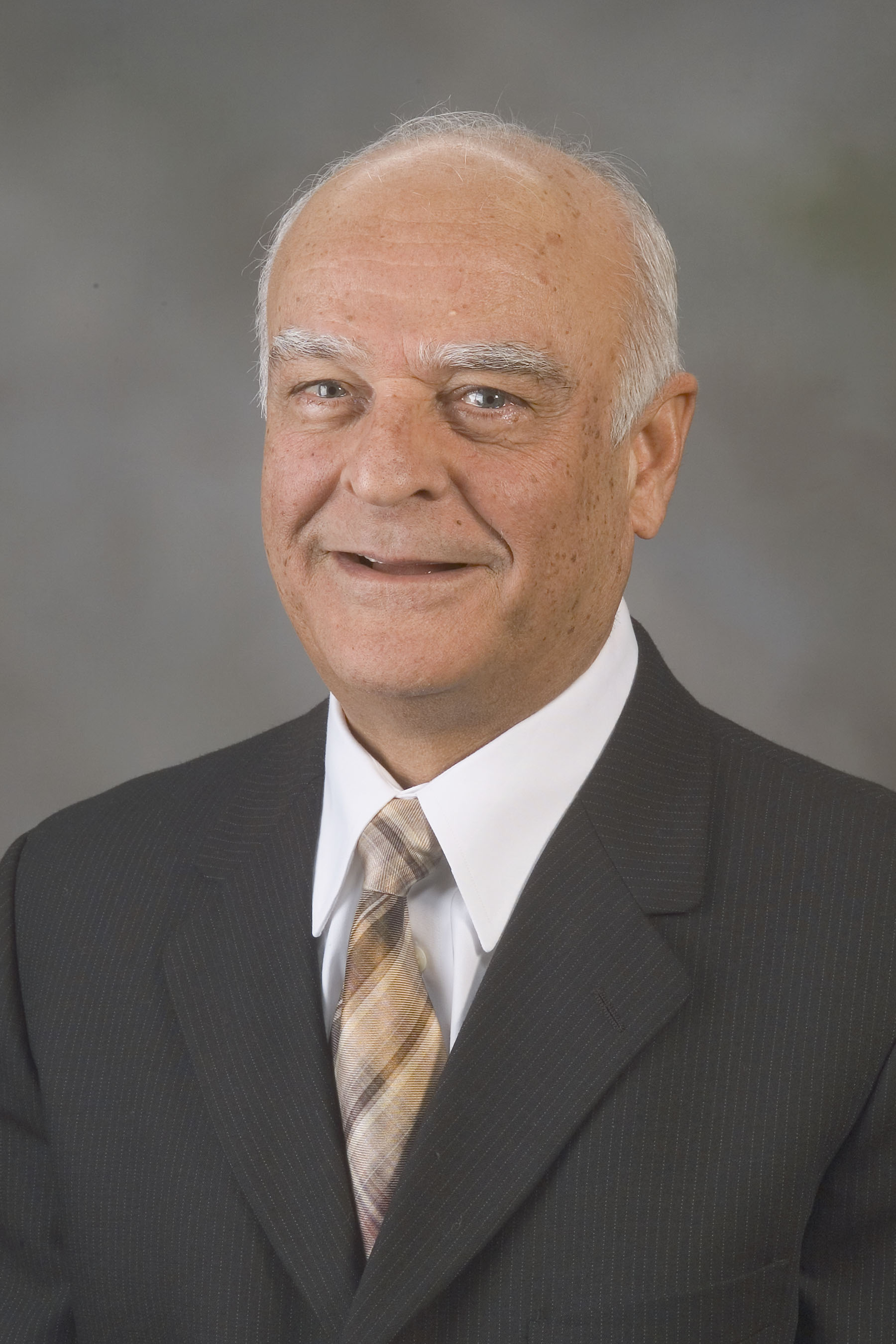College of Engineering's Ali Nayfeh receives Franklin Institute Medal

Ali Hasan Nayfeh, University Distinguished Professor Emeritus of Virginia Tech’s Department of Engineering Science and Mechanics, is the 2014 recipient of the Benjamin Franklin Medal in Mechanical Engineering.
The Philadelphia-based Franklin Institute cited Nayfeh “for the development of novel methods to model complex engineering systems in structural dynamics, acoustics, fluid mechanics, and electromechanical systems.”
Competition for the Benjamin Franklin Medals is international. Participants from seven fields of science are eligible: chemistry, computer and cognitive science, earth and environmental science, electrical engineering, life science, mechanical engineering and physics.
Previous recipients include Albert Einstein, Thomas Edison, Orville Wright, Marie and Pierre Curie, and Jane Goodall
“Like other great scientists, Professor Nayfeh influenced the work of others. Not only several of his students are respected active researchers, but the methodology of multiple scales, that he made known, has been, is being, and will be used by his colleagues and other scientists that are working on problems solved by numerical/perturbation methods,” said Dean Mook, a colleague of Nayfeh’s and the N. Waldo Harrison Professor Emeritus of Engineering Science and Mechanics at Virginia Tech.
“Professor Nayfeh is preeminent in his field,” said Richard C. Benson, dean of Virginia Tech’s College of Engineering. “During his entire scientific career, Professor Nayfeh’s approach to the treatment of problems in engineering sciences and applied mechanics has been of a global and comprehensive nature. His classic text books were vital to my own growth as a scholar, beginning with my days as a graduate student, and it was an exciting moment in my career in 2005 when I had the pleasure of becoming Professor Nayfeh’s Virginia Tech colleague.”
Nayfeh is the author of close to a dozen books, including: Perturbation Methods, Introduction to Perturbation Methods, Nonlinear Oscillations, Problems in Perturbation, Method of Normal Forms, Applied Nonlinear Dynamics, Perturbation Methods with MATHEMATICA, Perturbation Methods with MAPLE, and Linear and Nonlinear Structural Mechanics.
“Professor Nayfeh’s books are of outstanding rigor, breadth of subject matter, clarity, and creativeness, and present much new material not found elsewhere in the literature,” added Mook. “They are truly exceptional books and have received superior reviews from many distinguished and eminent scholars. He is the leading international authority on perturbation methods.”
Nayfeh is the founder of the two prestigious journals: Nonlinear Dynamics and the Journal of Vibration and Control. Nonlinear Dynamics has grown from four issues a year in 1990 to 16 issues a year. The Journal of Vibration and Control has grown from 640 pages a year in 1995 to some 1,500 pages per year. He also served as the editor of the Nonlinear Science Book Series, published by J. Wiley-Interscience.
He has organized a number of conferences, including the Seventh International Symposium on Nonlinear Acoustics and 12 conferences on Nonlinear Vibrations, Stability, and Dynamics of Structures at Virginia Tech. They have become top meetings in the field in the U.S., and with the relevant international scientific community.
During the course of his career, he has advised some 70 doctoral candidates to completion, and he has presented more than 600 technical papers.
In 2008, Nayfeh received the Academy Gold Medal of Honor from the Academy of Transdisciplinary Learning and Advanced Studies. That same year, the American Society of Mechanical Engineers named him the first recipient of its Tom Caughey Award.
In 2005, the American Society of Mechanical Engineers honored Nayfeh for his lifelong contributions to the field of nonlinear dynamics. Nayfeh, who has directed more than $25 million in engineering research, received its inaugural Lyapunov Award. Also in 2005, he earned Virginia’s Life Achievement Award in Science.
He holds three honorary doctorates from the Politechnika Szczecinska of Poland, the Technical University of Munich, Germany, and the marine technical University of St. Petersburg, Russia. He is a Fellow of five societies: American Academy of Mechanics, American Society of Mechanical Engineering, American institute of Aeronautics and Astronautics, American Physical Society, and the Academy of Trans-disciplinary Learning and Advanced Studies.
Nayfeh earned all three of his academic degrees in four and a half years at Stanford University: a bachelor’s degree in engineering science in 1962, a master’s degree and a Ph.D. in aeronautics and astronautics in 1963 and in 1964, respectively.
“Each year, some of the most influential pioneers of our time come to the city of Philadelphia to receive this great honor,” said Frederic Bertley, senior vice president of science at The Franklin Institute. “They serve as incredible role models for our youth, helping to ignite that spark of curiosity which has led to so many critical discoveries.”
The Franklin Institute was founded in honor of America’s first scientist, Benjamin Franklin. It is one of America’s oldest and premier centers of science education and development in the country.



.png.transform/m-medium/image.png)
